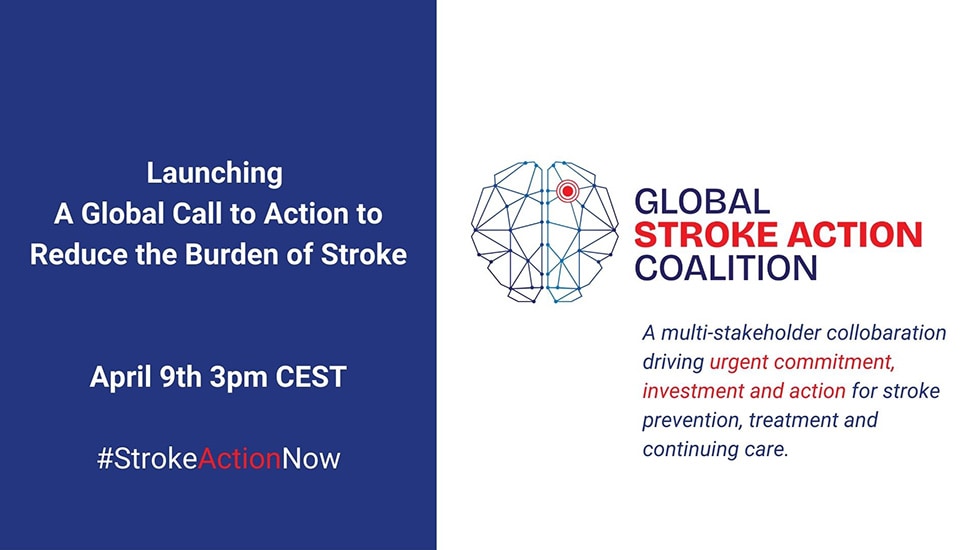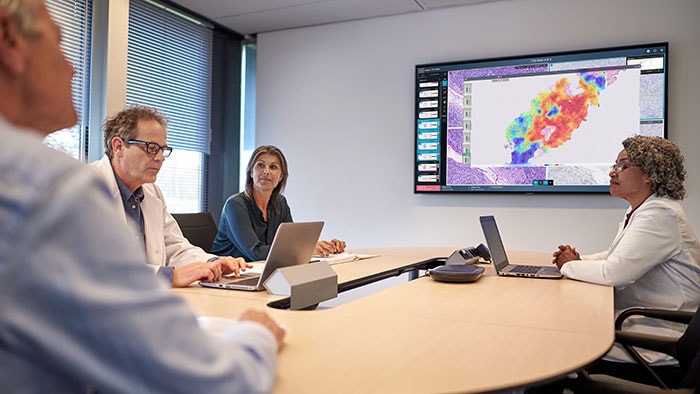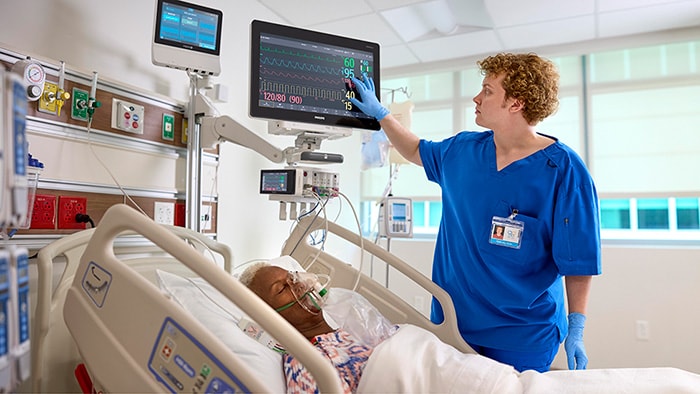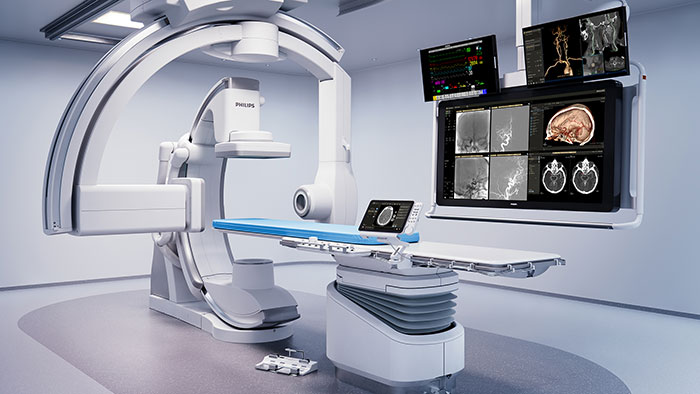Stroke is preventable, treatable and recoverable
New global stroke action coalition calls for urgent action to address rising stroke crisis
Apr 10, 2025 | 3 minute read
Launched on April 9, 2025, the world’s first multisector advocacy movement dedicated to stroke - the Global Stroke Action Coalition - has issued an urgent call to action to address growing inequities in stroke. Already a leading cause of death and disability, without intervention, the global burden of stroke is projected to rise by a further 50% over the next 25 years, claiming 100 million lives and costing USD 1.6 trillion each year.

The Global Stroke Action Coalition is a multi-sectoral initiative established to drive urgent government commitment and action on stroke prevention, treatment and continuing care ahead of the 4th High Level Meeting of the UN General Assembly on the Prevention and Control of NCDs. It is convened by the World Stroke Organization, the only global stroke body in official relations with the United Nations and World Health Organization.
The World Stroke Organization has convened the Global Stroke Action Coalition to work together and drive bold and urgent action on stroke. Philips is a proud member of this coalition, committed to help expanding access to timely stroke care.
“Stroke is a devastating condition, but it is also an area where we can still make significant healthcare improvements,” said Carla Goulart Peron, Chief Medical Officer at Philips. “The World Stroke Organization has convened the Global Stroke Action Coalition to work together and drive bold and urgent action on stroke. Philips is a proud member of this coalition, committed to help expanding access to timely stroke care.”
Listen to Melinda Roaldson (Associate Professor, MD) as she shares her personal experience with stroke: https://youtu.be/E8uzZM7KLzY
Listen to Joseph Rukelibuga’s (Founder of Stroke Action Rwanda) experience with stroke: https://youtu.be/B020zKmnrsw
At the launch, health and economic policy specialists, clinical experts and people with lived experience of stroke, highlighted key data and recommendations for action to address human and financial impact of stroke. Drawing on both data and the lived experiences of people affected by stroke, the Coalition will share their inaugural policy document Stroke Action Now which sets out evidence-based examples of interventions that can significantly advance progress on a disease that is largely:
A recording of the launch can be viewed here.
Despite the clear opportunities, prevention, treatment and rehabilitation services are only available to a fraction of stroke patients. For example, only 3% of medically eligible patients currently receive thrombectomy, with 20-40% of healthcare settings worldwide yet to implement basic stroke rehabilitation services.
“The global burden of stroke has doubled in the past 30 years,” explained Coalition co- Chair, Professor Bo Norrving. “During that same period huge advances have been made across the care pathway that offer us an incredible opportunity to reduce inequitable health outcomes and make significant progress towards global health and development targets. Committing to the development of National Stroke Plans should be a key priority for governments as part of their forward strategy for prevention and control of NCDs. We can’t afford to wait another 30 years to turn this around. Millions of lives depend on governments taking action now.”
Coalition leaders are calling on governments attending the 4th High-Level UN Meeting on NCDs in September this year, to commit to five actions: The Coalition’s call comes at a defining moment. The upcoming UN High-Level Meeting is a rare opportunity for world leaders to shape the next 25 years of action on NCDs. Stroke must not be overlooked. The Coalition urges governments to seize this moment and ensure that stroke is recognized, prioritized, and acted upon.
Members of the Coalition include: American Stroke Association, Asia Pacific Stroke Organization, Bayer, Boehringer Ingelheim, European Stroke Organisation, Heart & Stroke Foundation South Africa, Ipsen, March of Dimes Canada, Medtronic, Philips, Stroke Association UK and the Society of Vascular and Interventional Neurology.
More information about the Global Stroke Action Coalition can be found here.







